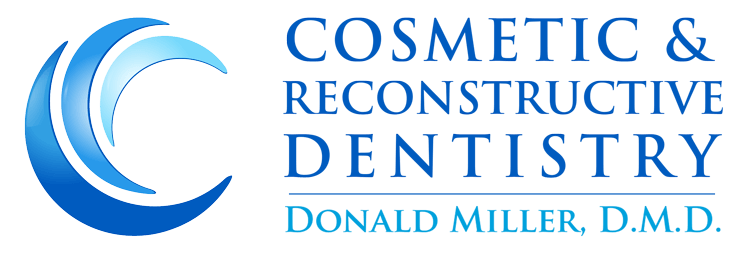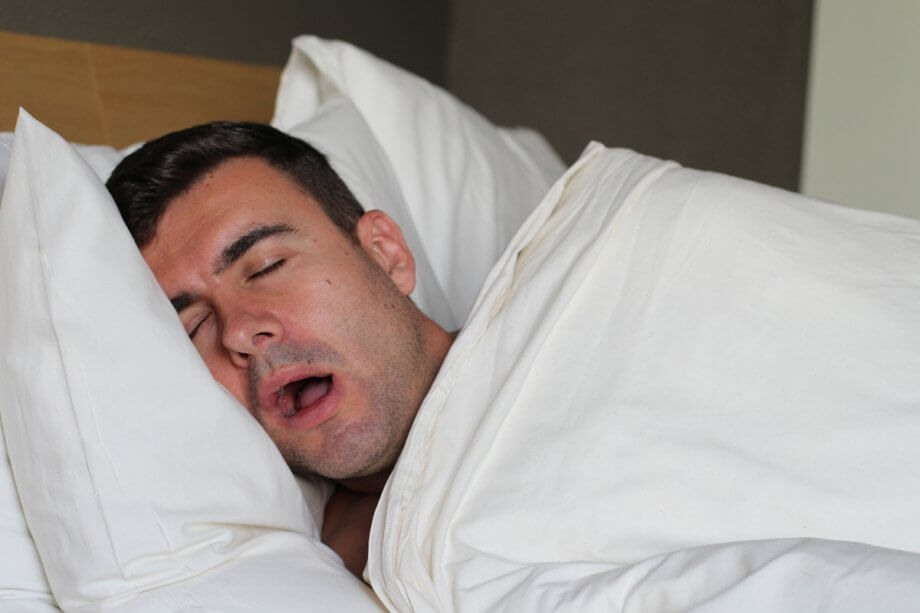Sleep apnea is a serious health condition that directly affects an individual's sleep, health, and overall quality of life. It can have lasting adverse effects on lifestyle and physical and mental health if left untreated.
If you suspect you have sleep apnea, your dentist can help. Dentists are skilled at identifying possible sleep issues, including sleep apnea, by looking for clues in your mouth and asking questions about how well you sleep.
What is sleep apnea?
Sleep apnea is a common disorder that causes breathing to stop and start repeatedly during sleep. Sleep apnea affects men more than women, but anyone can be affected.
In healthy people, the brain automatically controls breathing by sending signals to the muscles of the lungs to inhale and exhale at regular intervals. People with sleep apnea cannot maintain this normal breathing pattern because their airway collapses or becomes blocked. This blockage causes them to wake up hundreds of times each night and may cause other serious health problems if not treated. In some cases, obstructive sleep apnea results in high blood pressure and heart failure and increases the risk of stroke.
Sleep apnea severity (mild, moderate, or severe) depends on how many episodes of shallow or stopped breathing occur per hour while you're asleep.
What are the symptoms of obstructive sleep apnea?
Sleep apnea often affects people who are overweight, but it can occur in anyone. Sleep apnea is more common than you might think—up to 4% of men and 2% of women have it.
You may have sleep apnea if you:
- Snore loudly.
- Stop breathing during sleep (you or your sleep partner might notice pauses in breathing or gasps when you're awake).
- Feel tired during the day due to lack of sleep.
- Have headaches or sore muscles when you wake up.
- Have trouble concentrating or focusing on tasks.
- Experience confusion or problems remembering things.
What are the risk factors for sleep apnea?
A significant risk factor for sleep apnea is being overweight. But sleep apnea can also run in families, and you may be more likely to develop it if you have enlarged tonsils or adenoids.
The following factors also increase your risk of sleep apnea:
Age—Sleep apnea is more likely to occur as you get older. However, it can start at any age and even affect children.
Gender—Men are about three times more likely than women to have obstructive sleep apnea, but women may also be affected.
Race—African Americans are more likely than Caucasians or Asians to have obstructive sleep apnea.
Genetics—If your parents or siblings have had obstructive sleep apnea, there's an increased chance that you will too.
How can my dentist diagnose sleep apnea?
Your dentist can diagnose sleep apnea by performing a physical examination and reviewing your medical history. The dentist may ask questions about your symptoms, such as whether you snore loudly or have pauses in breathing during sleep.
Your dentist may also perform a physical examination that includes:
- Looking for signs of mouth breathing and airway collapse.
- Evaluating tongue and jaw size.
- Examining the nose and throat for signs of obstruction.
Do you think you have sleep apnea?
Sleep apnea is a serious condition that puts your health and quality of life at risk. If you think you have it, don't delay. Seek consultation and treatment as soon as possible.
Contact Dr. Donald Miller of Cosmetic & Reconstructive Dentistry in Fairfield, CT today at 203-255-6878 to schedule a complimentary consultation. Or click here to schedule an appointment online.

